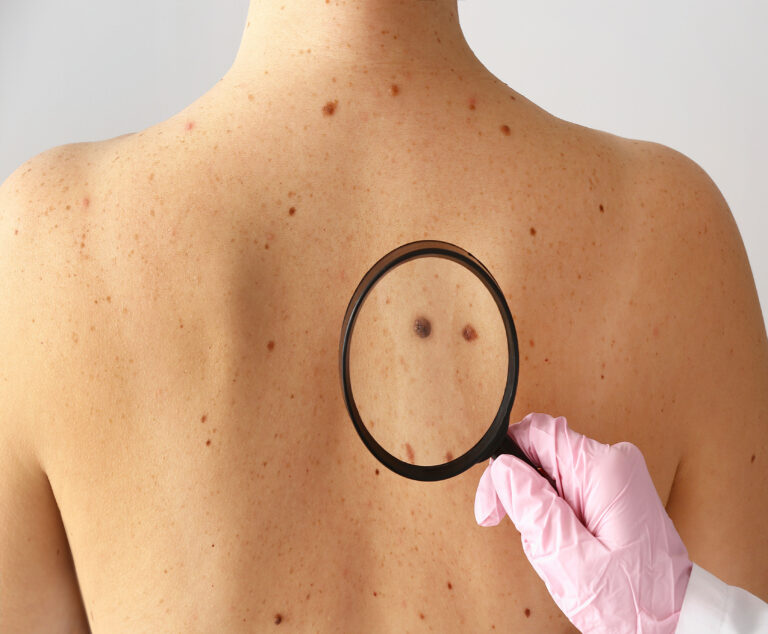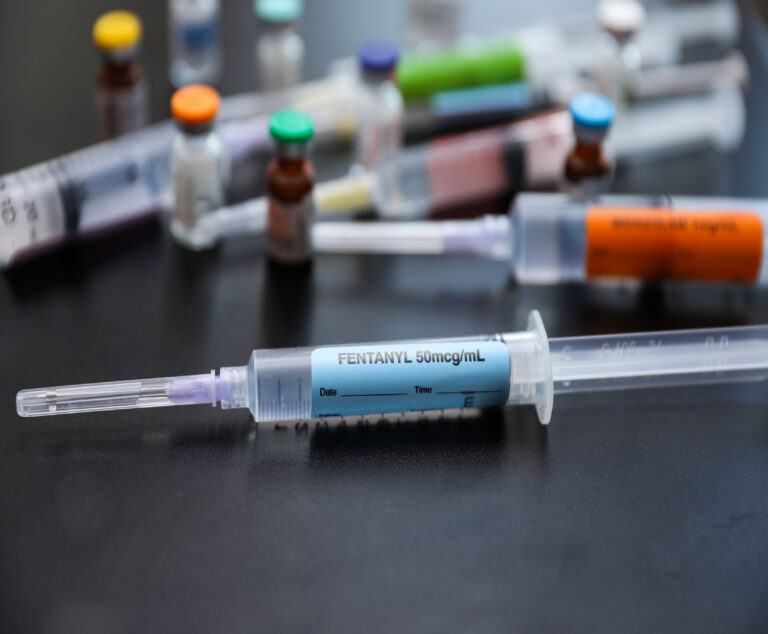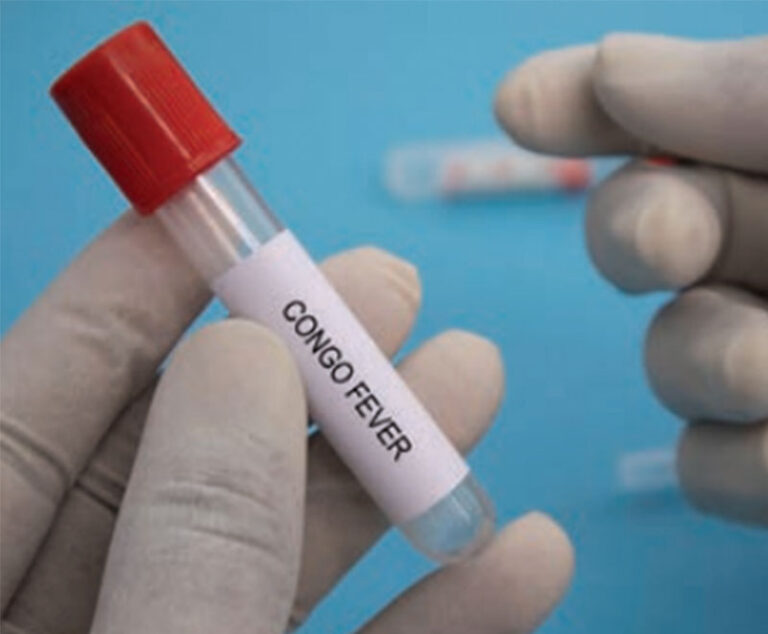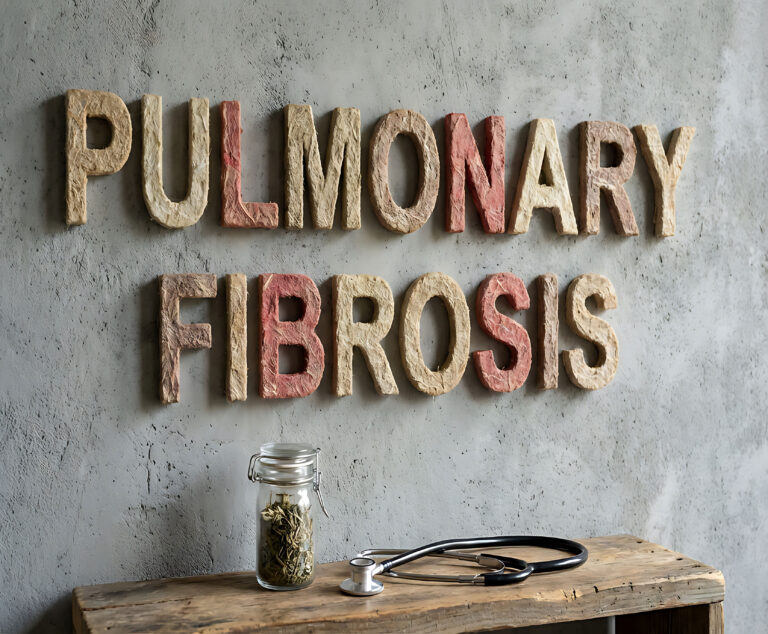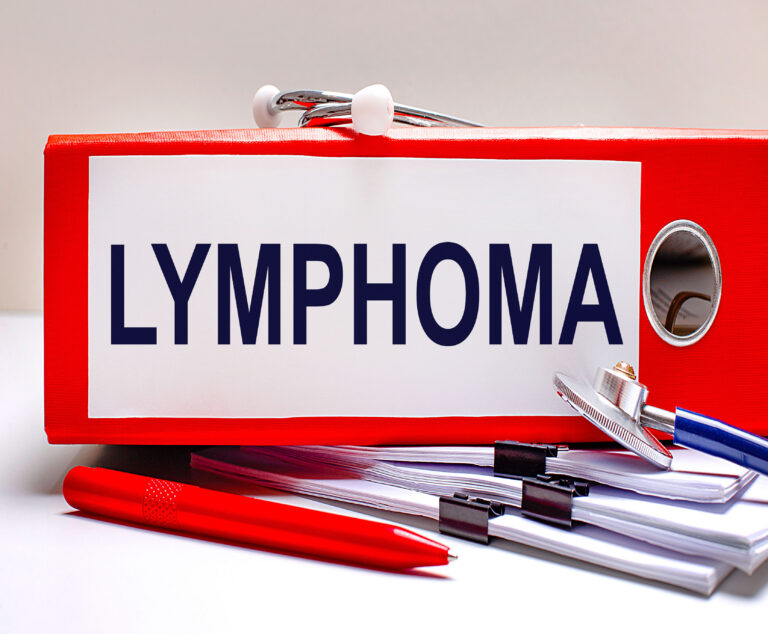Industry News
Research, Science & Manufacturer Updates
A study has identified, for the first time, a case of spontaneous correction of a genetic mutation in a patient with CD137 deficiency, a rare immunodeficiency that causes vulnerability to Epstein–Barr virus infection.
GAMMAGARD LIQUID ERC (immune globulin infusion [human]) with less than or equal to 2 µg/mL IgA in a 10% solution, by prescription, is now available in the U.S.
The U.S. Food and Drug Administration has granted breakthrough therapy designation to ianalumab for Sjögren’s disease.
Researchers have developed an inhalable nanotherapy called BEAT (Bispecific Exosome Activator of T Cells) that can activate the immune system against cancers resistant to current checkpoint inhibitor therapies.
A vaccine that blocks the effects of fentanyl, including overdoses, is scheduled for Phase I human trials in the Netherlands in early 2026 to assess its safety.
The U.S. Department of Health and Human Services has doubled funding for its Childhood Cancer Data Initiative at the National Institutes of Health
The National Institutes of Health launched the $50 Million Autism Data Science Initiative, supporting 13 pioneering projects
The National Institutes of Health granted Scott Pegan, PhD, nearly $3.4 million to lead an study to develop protective antibodies against Crimean Congo hemorrhagic fever virus
According to a study that analyzed the Veteran’s Health Administration records found there is no evidence to suggest COVID-19 vaccination increases the risk of developing idiopathic inflammatory myositis.
Boehringer Ingelheim’s Jascayd (nerandomilast) has been given an expanded label by the U.S. Food and Drug Administration to include use in adults with progressive pulmonary fibrosis.
FDA has approved CD20xCD3 bispecific Lunsumio VELO (mosunetuzumab), as a subcutaneous formulation, for the treatment of adult patients with relapsed or refractory follicular lymphoma after two or more lines of systemic therapy.



